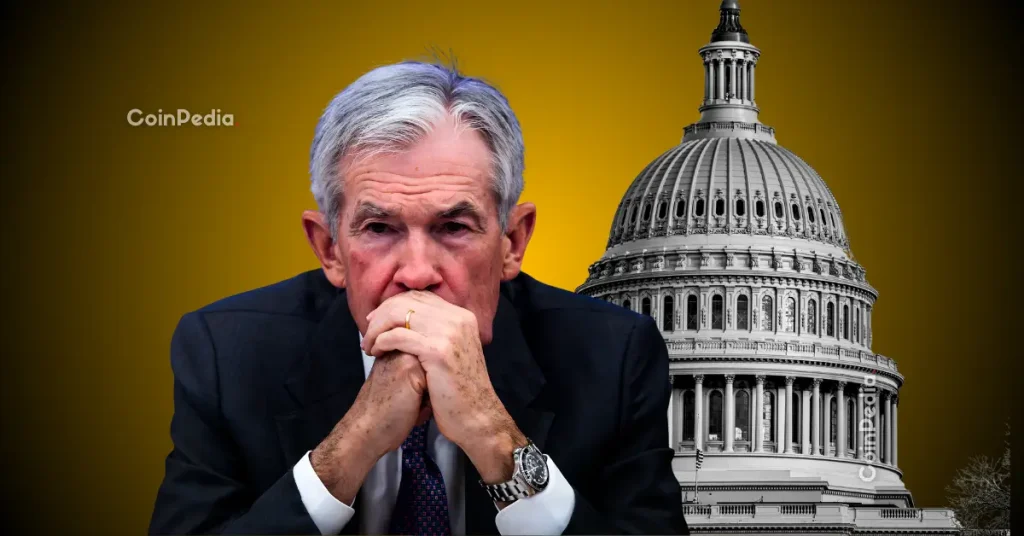Lawmakers in Germany on Thursday set up a special committee to overhaul the country’s trade relationship with China, moving faster on a plan to reduce economic risks after Beijing’s recent limits on rare earth exports showed just how easily German businesses could be hurt.
The new committee marks a shift from an earlier 2023 policy document that only offered broad suggestions. This time, the group, made up of business groups, worker representatives, and policy experts, will send specific recommendations to the government that can be turned into actual laws.
The panel will look at energy supplies, imports of raw materials, and Chinese money flowing into important German facilities. The announcement comes just days before Finance Minister Lars Klingbeil heads to China to discuss various European Union concerns with Chinese officials.
Germany is caught between two superpowers
Germany has found itself in a tight spot this year with its biggest trading partner. The country is squeezed between U.S. President Donald Trump shaking up global trade with heavy tariffs on one side and China showing its power through export restrictions on the other.
“China can and will turn off the tap in critical areas; we remain far too vulnerable, so the pressure to act is now much higher,” said Juergen Matthes, who leads international economic policy at the German Economic Institute IW.
Klingbeil will be the first minister from the new government to visit China. As reported by Cryptopolitan, Foreign Minister Johann Wadephul had to push back his trip, which was supposed to happen in late October, after Beijing agreed to only one of the meetings he requested.
A small group of people from German banks and insurance firms will travel to China next week alongside Klingbeil, according to someone familiar with the plans who spoke to Reuters.
“Risk management will play a larger role in the future China strategy. The question is: where are the levers China could use to exert political pressure, and how do we avoid them?” said Juergen Hardt, who speaks on foreign policy for the ruling conservatives.
For years, Germany, Europe’s biggest manufacturing and export economy, made good money selling products to China’s huge and expanding market. But in a 2023 strategy paper, the previous government pushed for reducing economic risks between the two countries, calling Beijing a “partner, competitor and systemic rival.”
That 61-page paper urged German companies to rely less on China but didn’t set any firm goals or deadlines.
Little progress on reducing dependency
A study by the German Economic Institute IW found that in 2024, Germany’s risky dependence on China for imports stayed about the same as the year before, when the China strategy was put in place.
“Since the 2023 China strategy, I see no real progress on de-risking in my empirical research — what should have set off alarm bells just didn’t,” said Matthes, who wrote the study.
His research looked at more than 14,300 types of products. He found that only around 200 currently depend on China for at least half of their import needs. While that sounds like a small number, those products could still cause serious economic damage.
“The elephant in the room is the dependency,” said Jens Eisenschmidt, Chief Europe Economist at Morgan Stanley. “Decoupling is just impossible.”
German Chancellor Friedrich Merz started his job in May with a promise to boost growth in Europe’s largest economy after two years of shrinking.
“I don’t think there has been a major effort in the government to rethink China as yet. It is simply a capacity issue,” said Eisenschmidt, pointing out that the government has been busy with reforms at home.
Merz at first seemed more interested in building a good relationship with the Trump administration and working toward peace in Ukraine and the Middle East.
Sign up to Bybit and start trading with $30,050 in welcome gifts
















 English (US)
English (US)